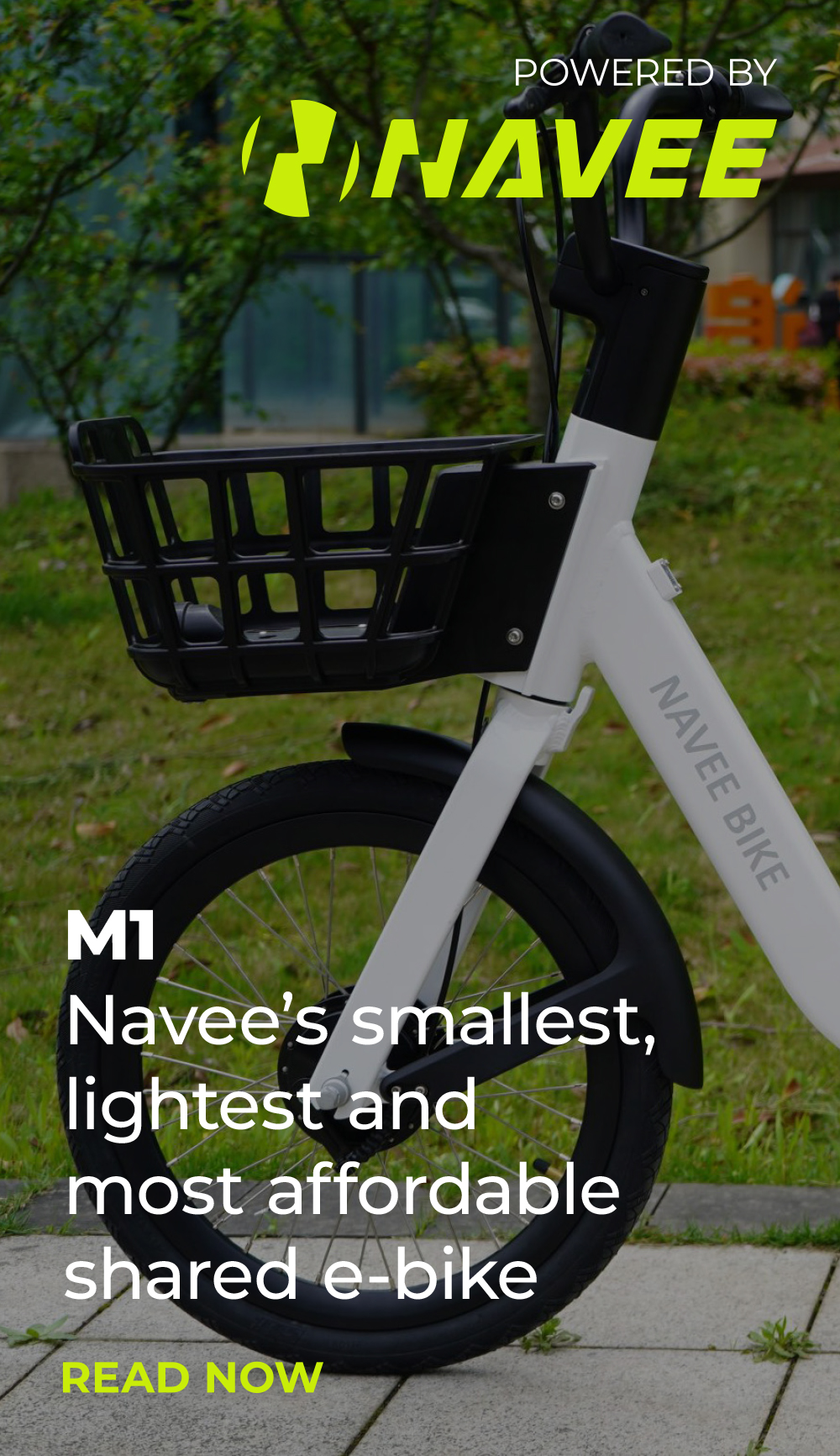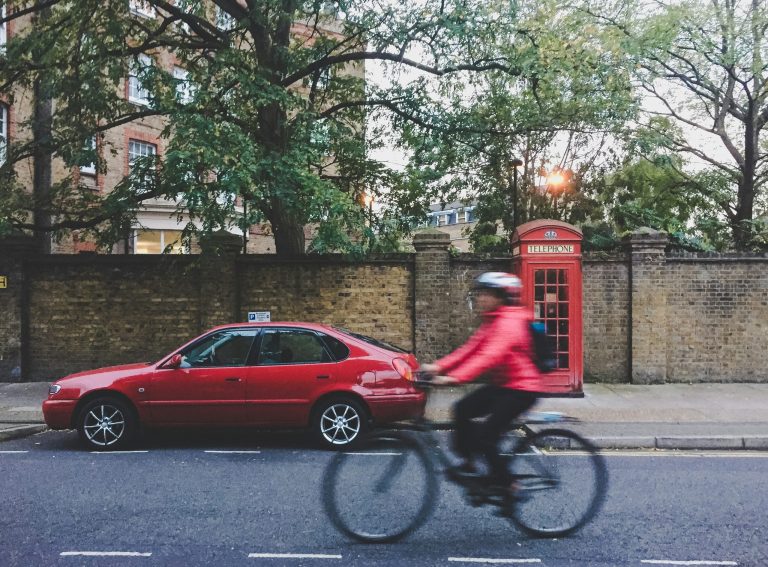Micromobility operators in Italy are questioning the introduction of mandatory helmets for e-scooter rides as part of the government’s new proposed highway code.
Last week, Transport Minister Matteo Salvini announced proposals to tighten rules for e-scooter use as a strategy to tackle the increase in road accidents.
Besides mandatory helmets, they include harsher drunk or drug driving penalties, speed limit changes, and road education for young people. The government also plans to require riders to have insurance and to introduce compulsory number plates.
These measures will have to be approved by parliament to become law.
“The goal of the new highway code is to save lives, bringing road safety education to schools, increasing controls on the roads and with severe penalties for those who do not respect the laws and are repeat offenders,” said Salvini.
Obstacle to mass adoption
Alessio Raccagna, Senior Director of Government Affairs for Lime in Southern Europe, told Zag Daily: “The introduction of mandatory helmets won’t respond to the need for better safety while riding.
“This goal can only be achieved by investing in infrastructure and by promoting responsible riding behaviours through comprehensive education and awareness campaigns.”
Additionally, Raccagna said this adds an obstacle to mass adoption of e-scooters. “We also fear that fewer people will embrace carbon-free and shared electric vehicles at a time where cities need to encourage eco-friendly and efficient transportation alternatives to cars.”
In May 2020, Tier was the first e-scooter provider worldwide to launch an integrated helmet solution. The smart box with foldable helmet was first installed in Paris and Berlin on a total of approximately 5,000 e-scooters. This was followed by the introduction of this helmet solution in Italy at Tier’s own request.
“We support the voluntary wearing of private helmets and encourage our users to do so through notices in the Tier app,” Saverio Galardi, General Manager Italy at Tier, told Zag. “However, we do not consider the introduction of compulsory helmets to be effective, as this would reduce the use of e-scooters and increase the use of conventional modalities, especially private cars.
“The vast majority of serious e-scooter accidents are related to cars. We would therefore be better off tackling the problem head on. A general speed limit of 30 km/h for cars in city centres and a significant improvement of the infrastructure for the protection of all two-wheelers is the right way forward.”
Operational costs
Bit Mobility, which runs almost 9,000 e-scooters and e-mopeds in more than 25 Italian cities, believes the new rules will generally have a negative impact on the sharing scooter market and will become a barrier to adoption for private use.
Gianmaria Crivellent, Bit Mobility’s Co-Founder and CEO, said: “The new regulations would require significant investments for companies operating in Italy and will generate many operational challenges in managing helmets, like theft and vandalism.
“We hope the government will reconsider these rules and be open to dialogue and discussion, taking into account the data and the real needs of the industry, so that the adoption and use of these vehicles can continue to grow as it has done until now.”






